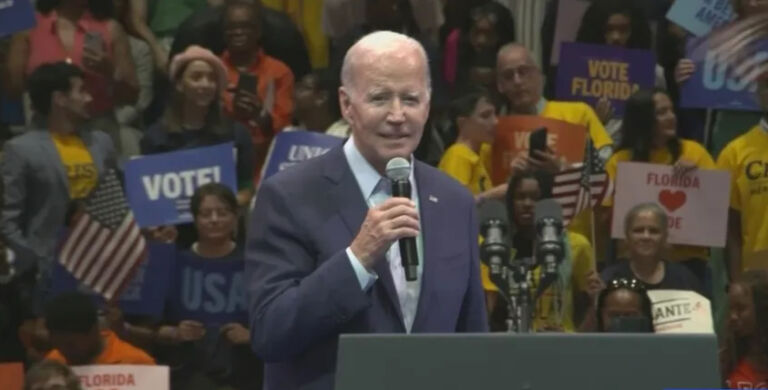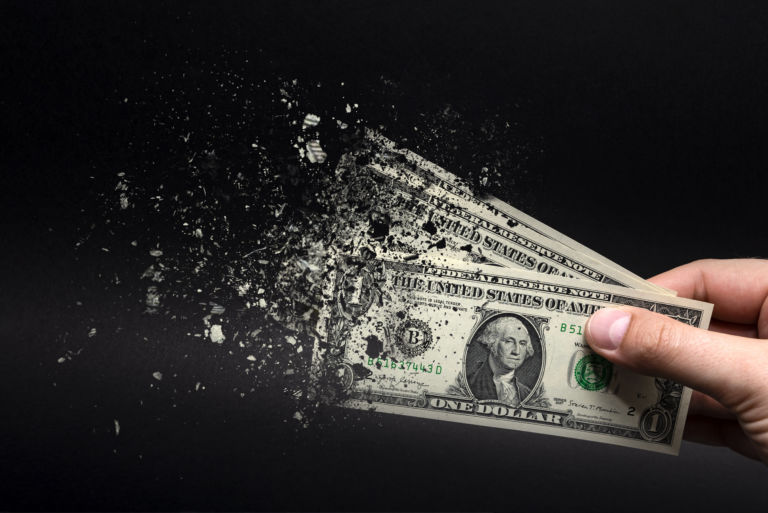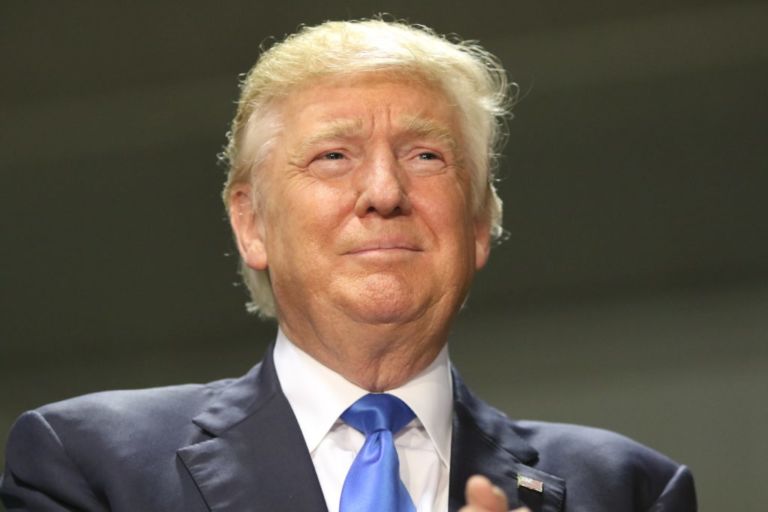Editors at National Review Online raise serious questions about the criminal indictment of a former president.
A long-standing progressive fantasy was fulfilled Tuesday afternoon when Donald Trump was arraigned on criminal charges in Manhattan.
The spectacle of a former president driving in a motorcade to the courthouse and sitting at a defense table surrounded by his attorneys will long be remembered as a symbol of the poisonous politics of the Trump era.
It’d be one thing if there were a clear felony violation that is consistently prosecuted, but the unsealed indictment is as weak as advertised.
The case, we learned, involves not just a hush payment to Stormy Daniels, but to a Playboy playmate Trump also allegedly had an affair with and to a former Trump doorman who claimed (apparently falsely) to know the story of a Trump love child.
Hush payments aren’t illegal. But the reimbursements from the Trump Organization to Trump fixer Michael Cohen were logged as legal expenses. This was misleading and is potentially a misdemeanor. Prosecuting Trump over misdemeanors would be too ridiculous even for Bragg, who campaigned on nailing Trump and showing leniency to street criminals. It would also run afoul of the fact that the statute of limitations has lapsed on any misdemeanor.
So Bragg needed a way to transform the misdemeanors into felonies, which he can do, in theory, if the false business accounting was in the service of another crime. There’s been a great deal of speculation about what that other crime is, and the much-anticipated indictment . . . doesn’t say.
Instead, it catalogues every false business entry, deeming each a felony, in a frowned-upon practice known as “stacking” to try to make an attenuated or relatively minor offense seem more serious through sheer repetition.
Asked why he didn’t mention the other alleged crime in the indictment at his post-arraignment press conference, Bragg said the law doesn’t require its being specified in the indictment. Even he must know that’s absurd.


